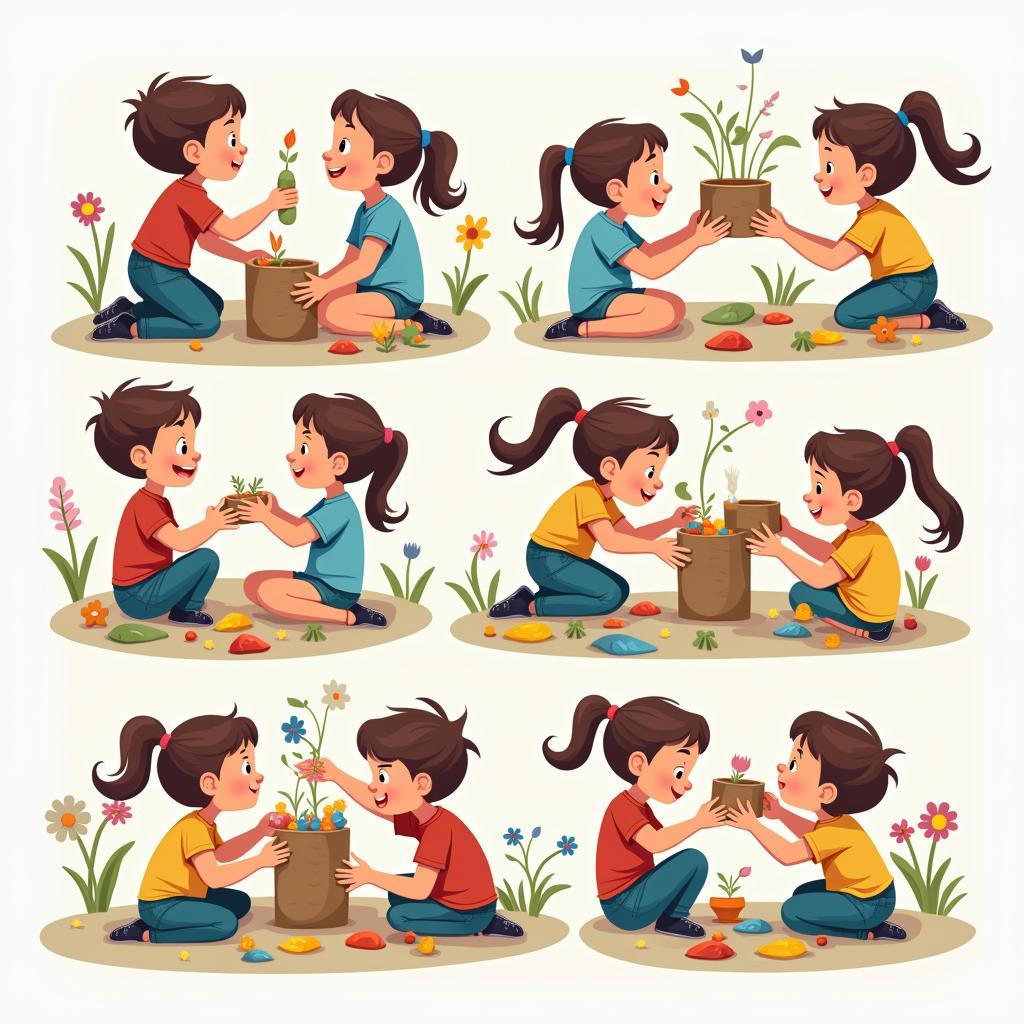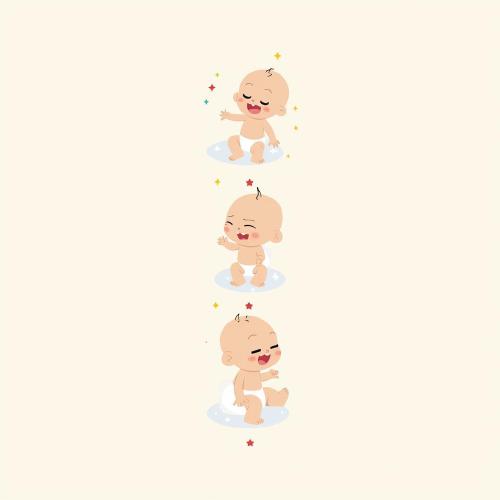The Unsung Power of Play: Shaping Young Minds
Play is not just fun and games; it’s the cornerstone of early childhood development. For young children, play is the primary vehicle through which they learn, explore, and make sense of the world around them. It’s a fundamental process that profoundly impacts their cognitive, social-emotional, and physical growth. Far from being a frivolous activity, play is a vital ingredient in building a strong foundation for future success.
Cognitive Development: Building Brainpower Through Play
Play significantly contributes to a child’s cognitive development. Through engaging in various play activities, children hone crucial skills like problem-solving, critical thinking, and creativity. Building blocks, puzzles, and construction toys encourage spatial reasoning and logical thinking. Pretend play, on the other hand, fosters imagination, language development, and symbolic thinking. Children create narratives, assign roles, and negotiate interactions, all while developing their understanding of cause and effect. The freedom and flexibility inherent in play allow children to experiment, make mistakes, and learn from their experiences without the pressure of formal instruction.
Social-Emotional Development: Nurturing Social Skills and Emotional Intelligence
Play is not just a solitary activity; it’s a powerful tool for social-emotional development. Interactive play, whether it’s collaborative building or imaginative role-playing, teaches children valuable social skills such as cooperation, negotiation, sharing, and empathy. They learn to understand different perspectives, manage conflicts, and build relationships. Through play, children develop their emotional intelligence, learning to identify and express their emotions, understand the emotions of others, and regulate their emotional responses. This ability to navigate social situations and manage emotions is crucial for their overall well-being and future success.

Physical Development: Building Strength and Coordination
Play isn’t confined to the mental realm; it’s also essential for physical development. Running, jumping, climbing, and other physical activities inherent in play build strength, coordination, and motor skills. These activities promote healthy growth, improve balance and agility, and contribute to overall physical fitness. Furthermore, active play helps children develop body awareness and spatial understanding. The physical challenges presented in play encourage problem-solving and adaptation, strengthening both their bodies and their minds.
The Importance of Unstructured Play
While structured activities have their place, it’s crucial to prioritize unstructured play. This type of play allows children to lead the way, setting their own goals, making their own choices, and exploring their own interests. This self-directed play fosters creativity, autonomy, and resilience. It allows them to explore their imagination without limitations, experiment with different ideas, and discover their own unique strengths and talents. Providing children with ample opportunities for unstructured play is a gift that will continue to benefit them throughout their lives.
Conclusion: Prioritizing Play for a Brighter Future
In conclusion, play is far more than a pastime; it’s a fundamental aspect of early childhood development with profound and lasting effects. By providing children with rich and varied play experiences, we equip them with the essential cognitive, social-emotional, and physical skills they need to thrive. Let’s champion the power of play, recognizing its invaluable contribution to building a brighter future for our children. Investing in play is investing in their future success and overall well-being.




Use the share button below if you liked it.
It makes me smile, when I see it.